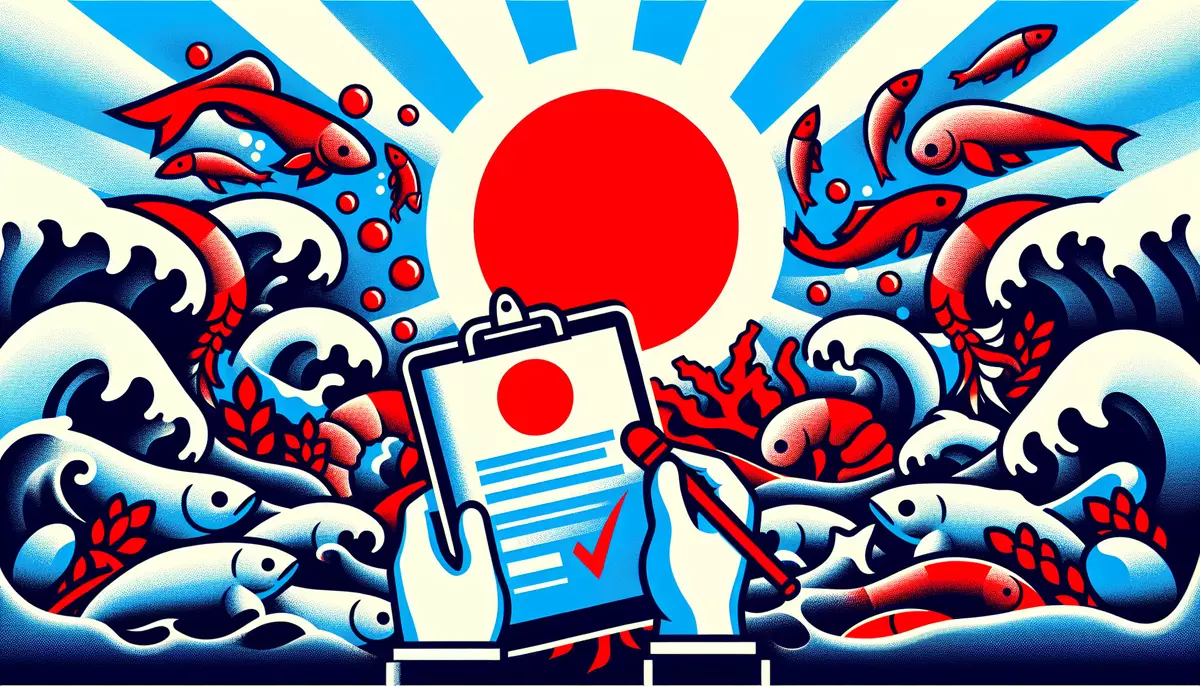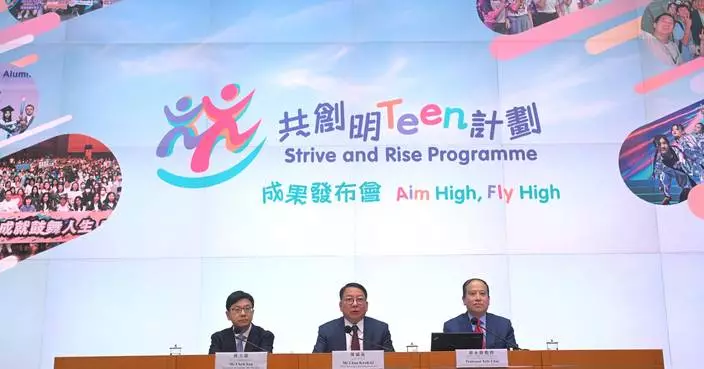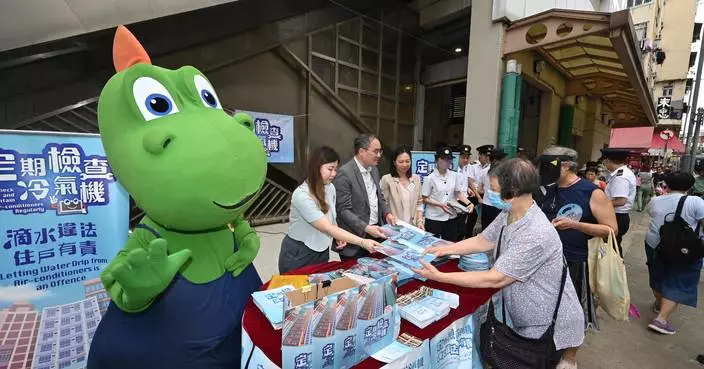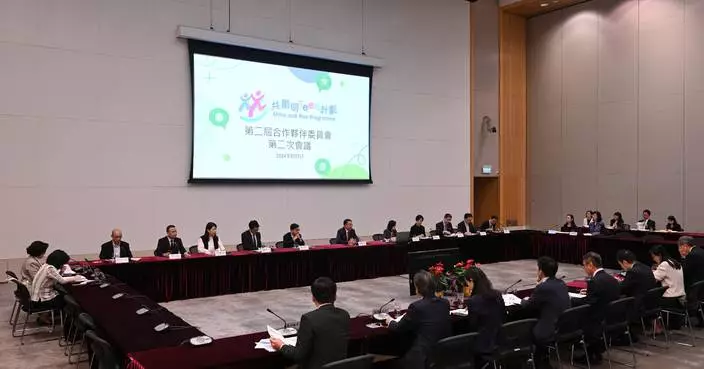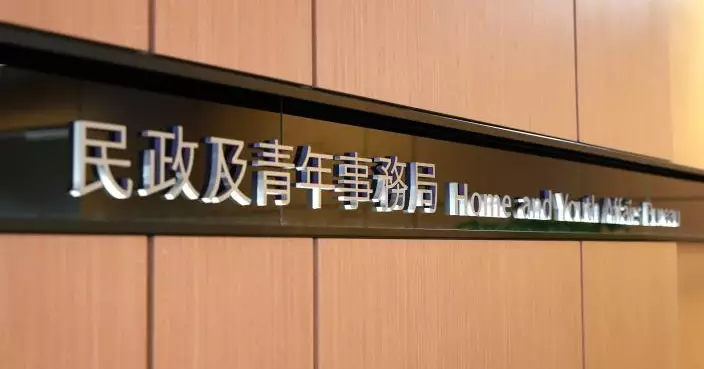Japan's aquatic imports under the microscope: a closer look at quality and safety standards
In response to the Japanese Government's plan to discharge nuclear-contaminated water at the Fukushima Nuclear Power Station, the Director of Food and Environmental Hygiene issued a Food Safety Order which prohibits all aquatic products, sea salt and seaweeds originating from the 10 metropolis/prefectures, namely Tokyo, Fukushima, Ibaraki, Miyagi, Chiba, Gunma, Tochigi, Niigata, Nagano and Saitama, from being imported into and supplied in Hong Kong.
For other Japanese aquatic products, sea salt and seaweeds that are not prohibited from being imported into Hong Kong, the Centre for Food Safety (CFS) of the Food and Environmental Hygiene Department will conduct comprehensive radiological tests to verify that the radiation levels of these products do not exceed the guideline levels before they are allowed to be supplied in the market.
As the discharge of nuclear-contaminated water is unprecedented and will continue for 30 years or more, the Government will closely monitor and step up the testing arrangements. Should anomalies be detected, the Government does not preclude further tightening the scope of the import ban.
From noon on April 22 to noon today (April 23), the CFS conducted tests on the radiological levels of 184 food samples imported from Japan, which were of the "aquatic and related products, seaweeds and sea salt" category. No sample was found to have exceeded the safety limit. Details can be found on the CFS's thematic website titled "Control Measures on Foods Imported from Japan" (www.cfs.gov.hk/english/programme/programme_rafs/programme_rafs_fc_01_30_Nuclear_Event_and_Food_Safety.html).
In parallel, the Agriculture, Fisheries and Conservation Department (AFCD) has also tested 50 samples of local catch for radiological levels. All the samples passed the tests. Details can be found on the AFCD's website (www.afcd.gov.hk/english/fisheries/Radiological_testing/Radiological_Test.html).
The Hong Kong Observatory (HKO) has also enhanced the environmental monitoring of the local waters. No anomaly has been detected so far. For details, please refer to the HKO's website
(www.hko.gov.hk/en/radiation/monitoring/seawater.html).
From August 24 to noon today, the CFS and the AFCD have conducted tests on the radiological levels of 45 019 samples of food imported from Japan (including 29 481 samples of aquatic and related products, seaweeds and sea salt) and 12 032 samples of local catch respectively. All the samples passed the tests.

Source: AI-generated images
High-level meeting with japanese officials: urgent concerns over fukushima's nuclear contaminated water discharge
The Secretary for Environment and Ecology, Mr Tse Chin-wan, met the Parliamentary Vice-Minister for Agriculture, Forestry and Fisheries, Mr Takahashi Mitsuo, and the Consul-General of Japan in Hong Kong, Mr Kenichi Okada, today (May 3) upon request and discussed about the discharge of nuclear-contaminated water in Japan.
Mr Tse reiterated at the meeting that the Hong Kong Special Administrative Region (HKSAR) Government has come to the view that there is currently no guarantee from the Japanese authorities that their purification and dilution system can operate continuously and effectively in the long term, and that the discharge will not pose any potential risks to food safety and marine ecology. Safeguarding food safety and public health in Hong Kong is the responsibility of the HKSAR Government, thus corresponding precautionary measures must be taken. The HKSAR Government will closely monitor developments of the discharge, so as to obtain more monitoring and scientific data in order to further examine the impact of the Fukushima nuclear-contaminated water discharge on food safety, and keep under review relevant counter measures. Should anomalies be detected, the Government does not preclude further tightening the scope of the import ban.
In response to the Japanese Government's earlier decision to discharge nuclear-contaminated water at the Fukushima Nuclear PowerStation into the sea, the Director of Food and Environmental Hygiene issued a Food Safety Order which prohibits all aquatic products, sea salt and seaweeds originating from the 10 metropolis/prefectures, namely Tokyo, Fukushima, Ibaraki, Miyagi, Chiba, Gunma, Tochigi, Niigata, Nagano and Saitama, from being imported into and supplied in Hong Kong.For other aquatic products, sea salt, and unprocessed or processed seaweed from Japan that are not prohibited from being imported into Hong Kong, the Centre for Food Safety of the Food and Environmental Hygiene Department will conduct comprehensive radiological tests to verify that the radiation levels of these products do not exceed the guideline levels before they are allowed to be supplied in the market.
Besides, all vegetables, fruits, milk, milk beverages and dried milk originating from Fukushima are banned from importing into Hong Kong while such foods originating from the four prefectures nearby Fukushima, i.e. Ibaraki, Tochigi, Chiba and Gunma, are allowed to be imported on the condition that they are accompanied with a radiation certificate and an exporter certificate issued by the Japanese authority. Chilled or frozen game, meat and poultry, and poultry eggs originating from the above five prefectures are allowed to be imported on the condition that they are accompanied with a radiation certificate issued by the Japanese authority which shows the radiation levels do not exceed the guideline levels of the Codex Alimentarius Commission.

Source: AI-generated images



